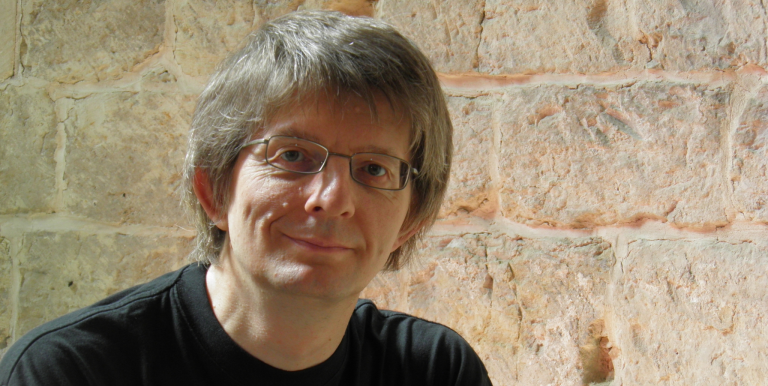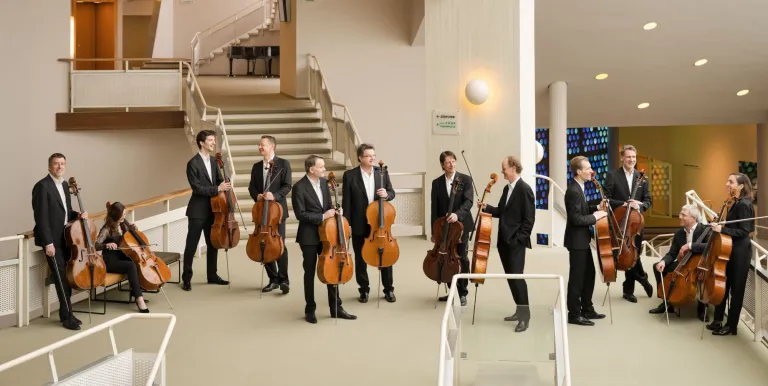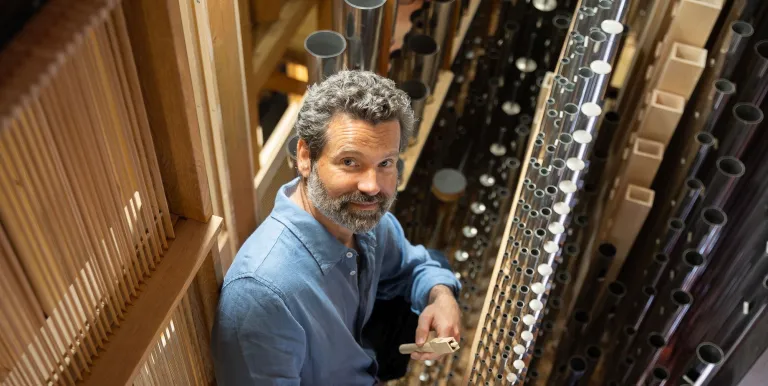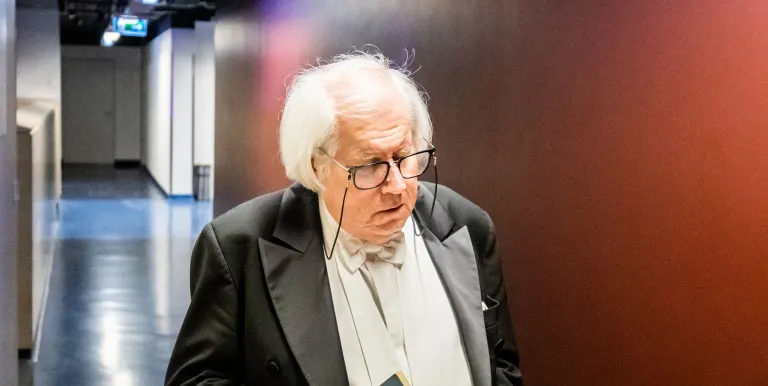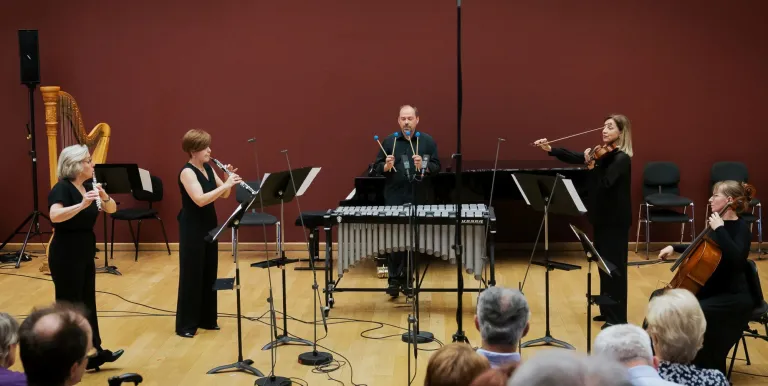J. S. Bach
Komm, heiliger Geist, Herre Gott (Fantázia), BWV 651
J. S. Bach
Komm, heiliger Geist, Herre Gott BWV 652
J. S. Bach
An Wasserflüssen Babylon, BWV 653
J. S. Bach
Schmücke dich, o liebe Seele, BWV 654
J. S. Bach
Herr Jesu Christ, dich zu uns wend‘ (Trió), BWV 655
J. S. Bach
O Lamm Gottes unschuldig, BWV 656
J. S. Bach
Nun danket alle Gott, BWV 657
J. S. Bach
Von Gott will ich nicht lassen, BWV 658
J. S. Bach
Nun komm‘ der Heiden Heiland, BWV 659
J. S. Bach
Nun komm‘ der Heiden Heiland (Trió), BWV 660
J. S. Bach
Nun komm‘ der Heiden Heiland, BWV 661
J. S. Bach
Allein Gott in der Höh‘ sei Ehr‘, BWV 662
J. S. Bach
Allein Gott in der Höh‘ sei Ehr‘, BWV 663
J. S. Bach
Allein Gott in der Höh‘ sei Ehr‘ (Trió), BWV 664
J. S. Bach
Jesus Christus, unser Heiland, BWV 665
J. S. Bach
Jesus Christus, unser Heiland, BWV 666
J. S. Bach
Komm, Gott, Schöpfer, heiliger Geist, BWV 667
During his long residence in Leipzig, Bach only rarely undertook the organist’s duties at church services, and consequently composed significantly fewer organ works than previously. Most of the pieces in the collection of 18 compositions known as the “Leipzig Chorales” date from an earlier period, but were prepared for publication in Leipzig. The chorale beginning “Allein Gott...” – which is the German-language Gloria in the Lutheran liturgy – is the work of Bach's subject to the most frequent and varied adaptations.
Having completed his studies in Budapest, Antwerp and Munich, Miklós Spányi took up a career performing across most of Europe as a soloist on four instruments (harpsichord, organ, clavichord and fortepiano) and as a continuo accompanist for various ensembles. Between 1990 and 2012, he taught organ and early keyboard instruments at the conservatory in the Finnish city of Oulu. He currently resides in Germany, where he teaches at Mannheim University of Music and Performing Arts, and also holds teaching posts at Budapest’s Academy of Music and the Conservatorium van Amsterdam.
Additional programmes will spice up the event in the Glass Hall and the Foyer; for example, the Bach Café and Bach Organ-workshop.
More info about the Bach24 programme and tickets here.
Presented by: Palace of Arts
-
We wish to inform you that in the event that Müpa Budapest's underground garage and outdoor car park are operating at full capacity, it is advisable to plan for increased waiting times when you arrive. In order to avoid this, we recommend that you depart for our events in time, so that you you can find the ideal parking spot quickly and smoothly and arrive for our performance in comfort. The Müpa Budapest underground garage gates will be operated by an automatic number plate recognition system. Parking is free of charge for visitors with tickets to any of our paid performances on that given day. The detailed parking policy of Müpa Budapest is available here.

